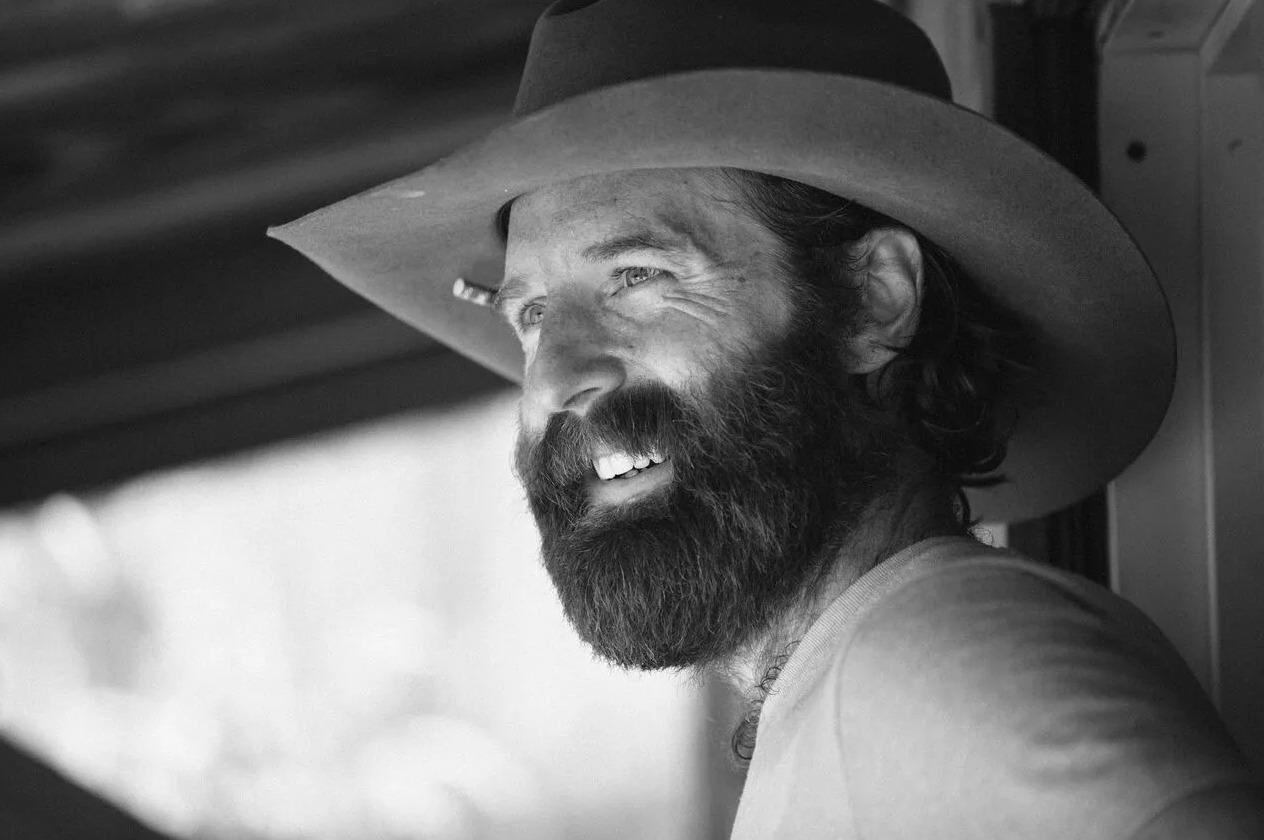I saw her in the supermarket, wearing a dark habit. The old nun was meandering through the aisles, consulting a paper list with a pencil. Her medieval gown looked so wonderfully out of place in our fast-paced modern world.
She seemed to be floating across the linoleum. I watched the young shoppers hurriedly move around the old woman as though they couldn’t even see her, busy staring at their iPhones.
I could tell she was elderly, although it was impossible to pinpoint her exact age beneath her wimple. I’d say somewhere between age 70 and 1350.
I wandered the store and sort of forgot about her until it was time for me to check out. Then, suddenly, the nun was standing in line ahead of me.
Meantime, we were surrounded by frenetic shoppers, filling the self-checkout lanes, dutifully scanning their own items. I do not understand the appeal of self-checkout. What comes next? Going to Olive Garden to cook your own ravioli?
We stood in line together. The nun and I.
“Hi,” I said.
She smiled. “Hello there.”
Her accent was old-world Yankee. Boston maybe.
You might not know this, but nuns are disappearing. Within the last decades, the number of nuns has gone down considerably worldwide. Many Catholics are worried about this.
Each year, fewer young women feel called to the life of Sisterhood. Fifty years ago, there were 1 million nuns globally. Currently, there are 650,000. That number keeps going down.
Many wonder whether there will be any nuns left in America within the next 50 years. “The New York Times” recently ran a story about young nuns, desperate to find recruits, who are using social media to prevent their own dying off. In some convents, younger Sisters are posting videos of themselves dancing and sharing candid pictures in hopes of attracting millennials.
Older nuns just shake their heads. “Why?” is the older Sisters’ main argument.
The Sister in the supermarket is retired now. But she was happy to share her own story with me.
“I knew I was supposed to be a nun back in high school,” she said. “My father was killed in a car wreck, and I was heartbroken. This voice kept telling me what to do, to enter a convent. I don’t normally trust voices, but… This was different.”
She didn’t want to be a nun. She wanted to be a normal young woman and to enjoy all that youth entailed. She wanted to be a wife. A mom. When she told her mother about her plans, her mother hit the proverbial ceiling.
“My mom did not want me to be a nun. She wanted me to be Emily Post.”
But this feeling kept nagging her. The young woman couldn’t eat, couldn’t sleep. Something was compelling her toward servitude.
“I would kneel at a statue of Mary and beg her to tell her son to leave me alone. ‘Leave me alone,’ I’d say. ‘I don’t wanna be an old boring nun. Please.’”
But, of course, she did not get her prayer answered. The young woman spent two years in discernment, trying to decide what to do. An older Sister finally suggested praying continually for two weeks in silence for an answer. Silence, as in: a vow of silence.
“Not talk for two weeks?” she said. “Are you kidding? Me? I love talking. Didn’t think I could do it.”
After 10 days of prayer, she saw a symbol in her mind’s eye. She remembers seeing a heart that was battered. The heart was scraped and bleeding, like it had been attacked with a knife.
“I realized the heart I was seeing was my own. And I just knew, I was supposed to take care of other people’s hearts the way God was taking care of mine.”
She’s been all over the world. The angelic woman has cradled the bodies of dying babies in Third World countries. She has kissed the faces of foreign orphans who believed nobody loved them, and taught them the lyrics to “Jesus Loves Me.” She even does the grocery shopping from time to time.
“The greatest joy in my life,” she said, “has been helping people who need it.”
After she paid for her groceries, I asked my new friend what she thought about this widely held idea that nuns are dying off.
She laughed. “Oh, sweetie. Way I see it, there will always be Sisters and Brothers as long as there is a Father.”
Sean Dietrich is a columnist and novelist known for his commentary on life in the American South. He has authored nine books and is the creator of the “Sean of the South” blog and podcast. The views and opinions expressed here are those of the author and do not necessarily reflect the policy or position of 1819 News. To comment, please send an email with your name and contact information to Commentary@1819News.com.
Don’t miss out! Subscribe to our newsletter and get our top stories every weekday morning.









